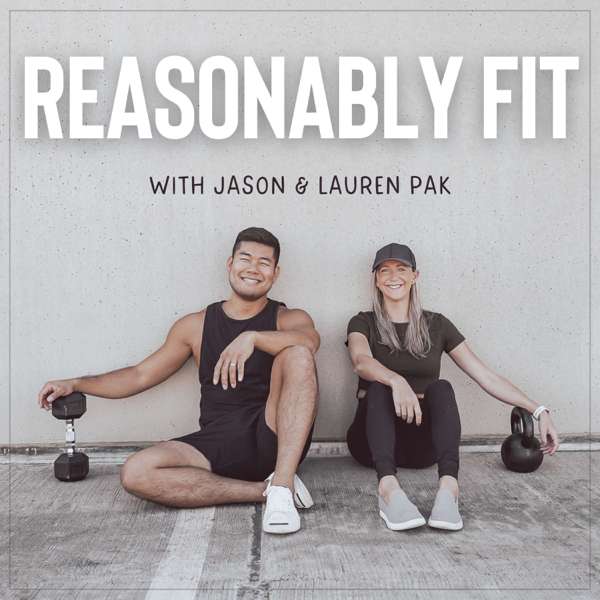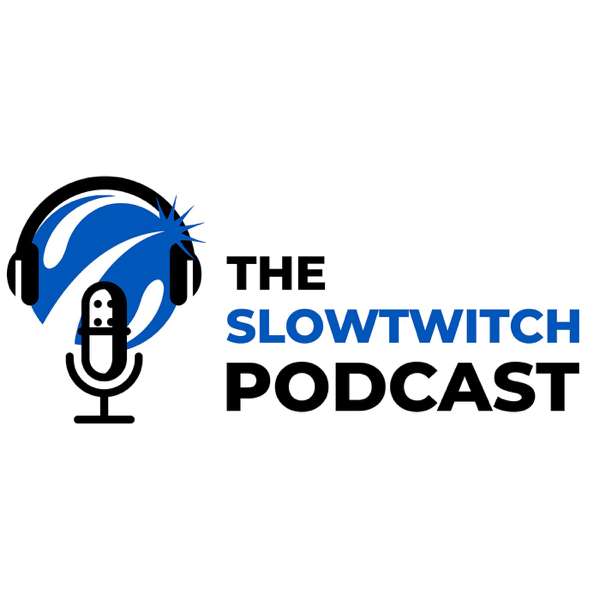Are you one of those people that think lectins — proteins that are found in many fruits, vegetables, whole grains, nuts, beans, and legumes — are actually bad for you?
Sadly, there’s probably one reason you might believe this misinformation, a book titled, The Plant Paradox, by Dr. Steven R. Gundry MD.
In it, Gundry makes a wide variety of unsupported claims that many of the plants we consider to be healthy are actually bad for you.
In fact, Gundry goes as far as to claim, “I believe lectins are the #1 Biggest Danger in the American Diet.”
The #1 biggest danger is making a claim like that, especially when there is a significant lack of science to suggest anything so bold, and very little evidence to even be worried about lectins in the first place.
Lectins, as they are consumed in a diet, just aren’t an issue. And, unless you’re eating raw kidney beans (why are you eating raw kidney beans!) the alleged poisonous nature just isn’t realistic.
In other words: “Lectins are far more active in binding to our cells when they’re consumed in high concentrations and in isolation, as they are in experiments, than when they are consumed in food, as they generally are by actual humans,” notes Dr. David Katz, director of the Yale University Prevention Research Center at Griffin Hospital and founder of the True Health Initiative.
In this episode of That’s Healthy, Right?, we’ll look at the problem with taking anecdotal evidence as fact, how some of the healthiest populations in the world live off of lectin-heavy diets, and the only food you actually need to avoid eating (hint: you wouldn’t anyway).
To ask a question, read the transcript, or learn more, visit bornfitness.com/thats-healthy-right.
Don’t forget to Subscribe to the show, and Rate or Review wherever you tune in!
Resources:
Legume Lectins: Proteins with Diverse Applications — International Journal of Molecular Sciences
Lectins as bioactive plant proteins: a potential in cancer treatment — Critical Review of Food Science Nutrition
Red kidney bean poisoning in the UK: an analysis of 50 suspected incidents between 1976 and 1989 — Epidemiology & Infection
Effect of Some Processing Methods on Hemagglutinin Activity of Lectin Extracts from Selected Grains (Cereals and Legumes) — International Journal of Advanced Academic Research
Handbook of Foodborne Pathogenic Microorganisms and Natural Toxins — FDA
Reduction in antinutritional and toxic components in plant foods by fermentation — Food Research International
Does Fruit Really Make You Fat? — That's Healthy, Right? Podcast
So Now Kale Is Bad for You? — Born Fitness

 Our TOPPODCAST Picks
Our TOPPODCAST Picks  Stay Connected
Stay Connected







